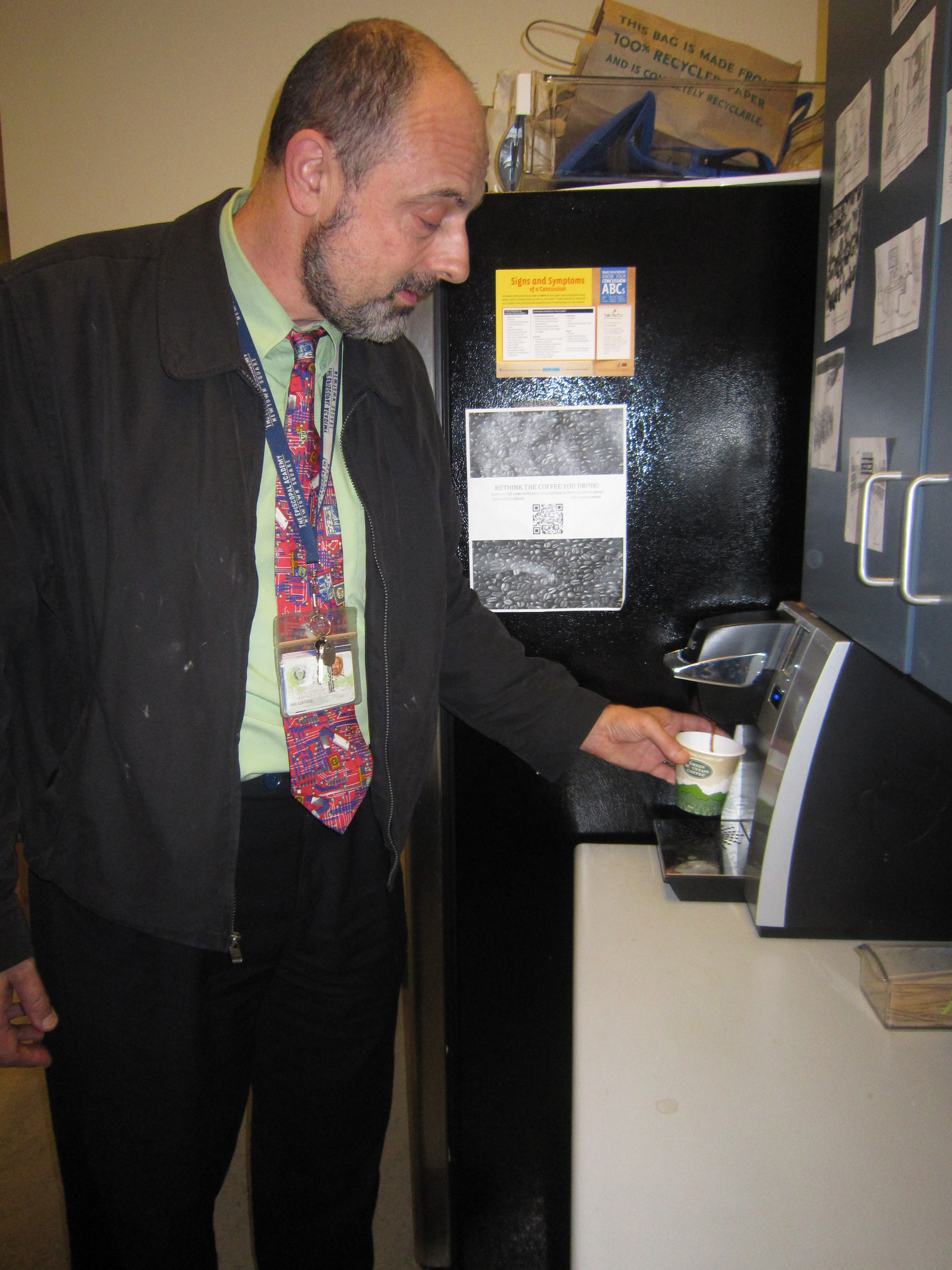Kathryn Wilson ’16: Have you ever walked by the teacher’s lounge in the morning before homeroom, seen the fresh donuts and steaming cups of coffee and thought to yourself, “It must be awesome to work here?” Teachers here do enjoy the coffee, free lunch, access to the fitness center, and high-end technological resources that Episcopal Academy is so lucky to have. However, what private school teachers are missing is the main attraction to any job: salary.
Private school teachers earn less than public school teachers on a national average. In fact, public school teachers make roughly 24% more, according to the Atlantic Monthly. While teachers may not get the same amenities in a public school, the difference between $36,000 and $50,000 is no small variation. Having the perception that Episcopal teachers are some of the most qualified, accomplished teachers in the country, you are most likely wondering where the disconnect is. The answer, it appears, lies largely in the fundamental difference between private schools and public schools: teachers unions.
Dr. Delvin Dinkins, Head of Upper School, has first-hand experience with union activity and has a unique point of view from years of working in a public school district. “There are certain rights and protections that are afforded to employees when they are part of the union,” Dinkins explained. Most public school teachers will tell you that, while they feel like they are underpaid, ‘I bet at independent schools, they don’t get paid much at all.’” Dinkins did note, however, that while salaries at Episcopal may generally be lower than those of public school teachers, it is not always the case. “There are some EA teachers who are making six figures.”
Just like lobbyists for big oil companies are able to get subsidies year after year, teachers unions are able to use their power to affect state and national government in their favor. What is this power? Basically it comes down to this: Teachers allow public schools to function. If teachers collectively decide they are unhappy working at schools, they can go on strike or simply not teach their students. To avoid further declines in quality of education in the United States, the government is willing to raise the salaries of teachers.

Photo Courtesy of Jenna Cooley ’17
Though unions advocate for salaries, they are also advocates of students as they work to create equal opportunity of education for every student. They do, however, face some major setbacks. Unlike private schools, public schools have a very distinct chain of command. Because they are government-funded institutions, the government oversees everything that goes on in schools, perhaps making it harder to deal with students’ academic and social problems. When talking about the differences in working in a private school versus a public school, Dr. Dinkins shared that “[In an independent school] there’s a bit more flexibility, not only with respect to the instruction and curriculum, but also in the kinds of policies, rules and ways in which people are engaged with each other. I think it was a bit more hierarchical in a public setting and, because there are things one is mandated to do based on the state and based on what’s required as a public institution, there’s a different level of accountability to the public.”
It may be contrary to expectation that public school teachers make substantially more than private school teachers do, but it is a reality. Fundamentally, teacher unions are only using their rights to influence the government and work to improve the education of students and the resources of teachers. They have been approved of and disapproved of by political parties, teachers, and students since 1897 when the first protest was launched in Chicago. Despite the difference in salary for public and private school teachers, both parties benefit from their circumstances: public school teachers from their unions, and private school teachers from their environment and resources.
There is however, a bigger question to ask ourselves: How much do we value education in this country? Even a fifty thousand dollar paycheck is not that much in today’s economy. Professional athletes are paid millions of dollars while the people educating the future of this country are making a fraction of that.
In the opinion of Dr. Dinkins, “I think there are a lot of indicators in society outside of salary that indicate that we undervalue education. After a while, you cut a little bit of fat and then you’re down to muscle and then eventually you get down to bone and you have these schools that are just hobbling to stay alive.”
For a country with leaders who often talk about the importance of education, it is ironic that we have fallen so far behind on a global spectrum after leading for so long. As of research done in July of 2012, the United States is 27th in math, seventh in literacy, and 22nd in science. From both sides of the aisle, politicians agree that the future of the United States will depend on generations like ours, but they do not act on their beliefs in any truly momentous way. So yes, look at the predicament of public versus private school teacher pay and decide what you believe on the issue, but keep in mind that the overarching issue is much bigger: What is the value of education and consequently, educators?